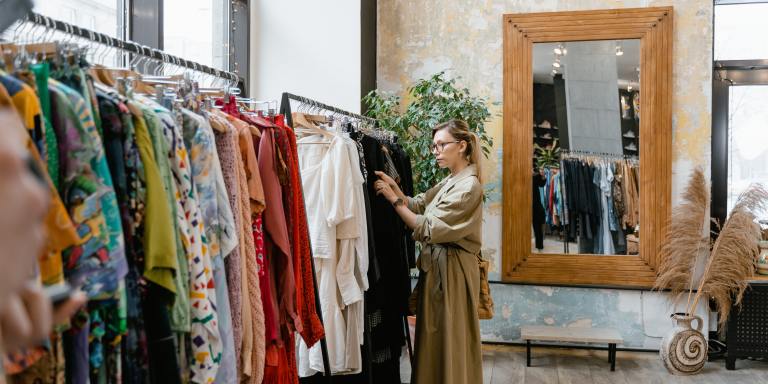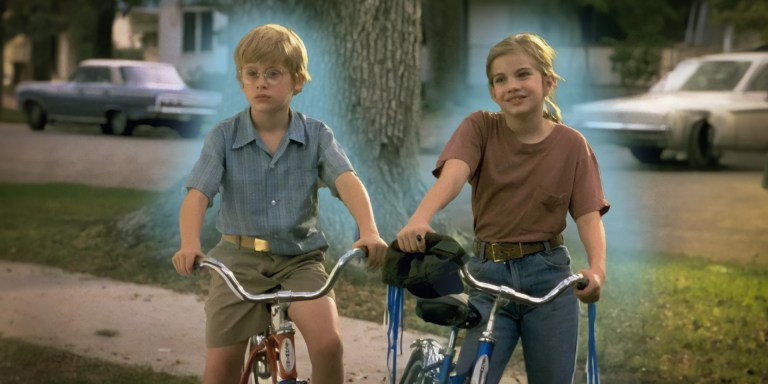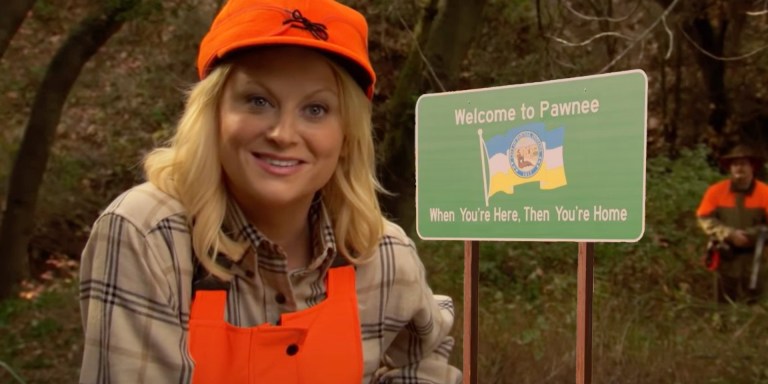4. Natalia Rekhter
I’m from Russia. Below are a few things I almost always have to explain or discuss with visitors from Russia.
- Why individual houses are so large? We always get into discussion that house is not just a shelter, but also a manifestation of one’s financial achievements.
- Philanthropy. There is no culture of philanthropy in Russia and many view American philanthropy either as a waste of money or as some intricate plot to get some additional benefits.
- People don’t walk places. They go everywhere by a car.
- There is almost no public transportation except in a few large cities. People actually have to have cars to get places. Cars are necessity, not luxury.
- Majority of high and middle schools have sport facilities of very high, almost professional quality.
- Many schools have orchestras, bands, theaters of a very high, almost professional quality. Free.
- Every state has a lot of autonomy.
- President’s salary is comparable with the one of a plastic surgeon.
- President doesn’t automatically become the richest person in the country.
- Majority of things in the US aren’t controlled or regulated by the government.
- Children are expected to leave home when they are 18.
- Students prefer and are expected to live in a dorm and not with parents.
- When relatives visit they often stay in the hotel.
- Many children, even in well to do families, work in fast food, car washes and do a lot of other things to get money and it is not an embarrassment.
- Parents have their babies sleeping in separate rooms almost from the day of their birth. (Russians find #11-15 are particularly absurd, offensive, and egotistical.)
- Many Russians believe that American system of primary and secondary education is very inefficient. As a mother, I have to explain that it is very diverse and essentially even in the poorest districts there are tons of resources available for children who are willing to use them. There are also an opportunity for kids to take advanced and extra advanced classes providing they are willing and able to do the work. And this differentiation is available as early as elementary school.
- How well elderly live, even those on SSI and Medicaid. How many services are available to them.
- How open Americans are about their shortcomings and always ready for self-criticism.
- Millions of people don’t have medical insurance.
- Some hospitals look like five-star hotels.
- Budgets of some hospitals are equal to h/c budgets of small countries.
- Doctors tell their patients everything.
- Return policies and free refill.
- Idea of a liberal art education. In Russia, after high school graduation, a student should decide on vocation: engineer, doctor, teacher, lawyer, accountant, etc. It seems inconceivable to attend a university and then to graduate without a solid specialty. I often have to explain that not knowing what one wants to do after high school is an acceptable norm in US. A student can still acquire marketable skills, expand his or horizons, get a job after graduation, and, what is even more surprising, obtain an advance degree in a totally different field later. Yes, accountant can attend a med school and become a doctor and musician can go for a master degree in computer science.





